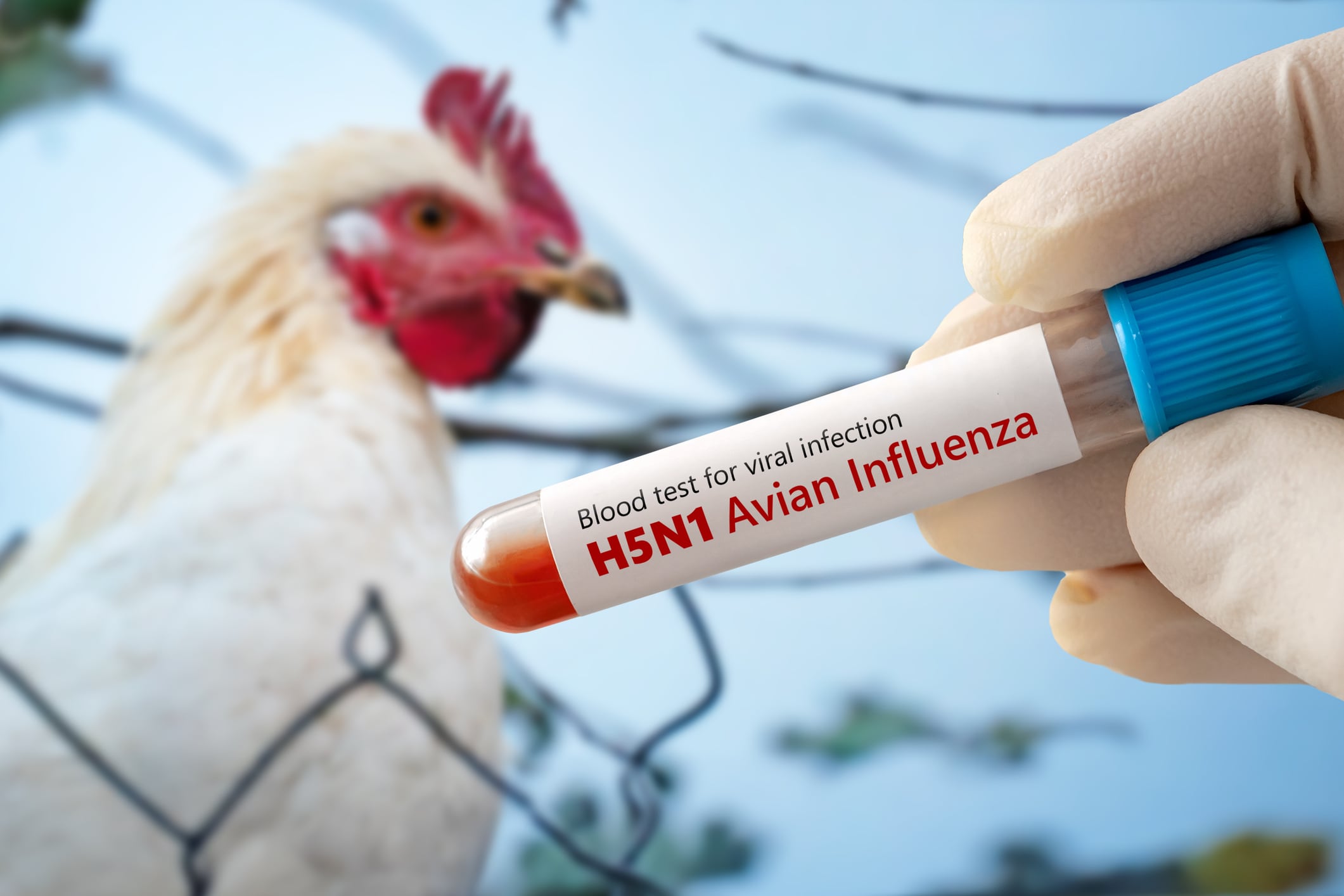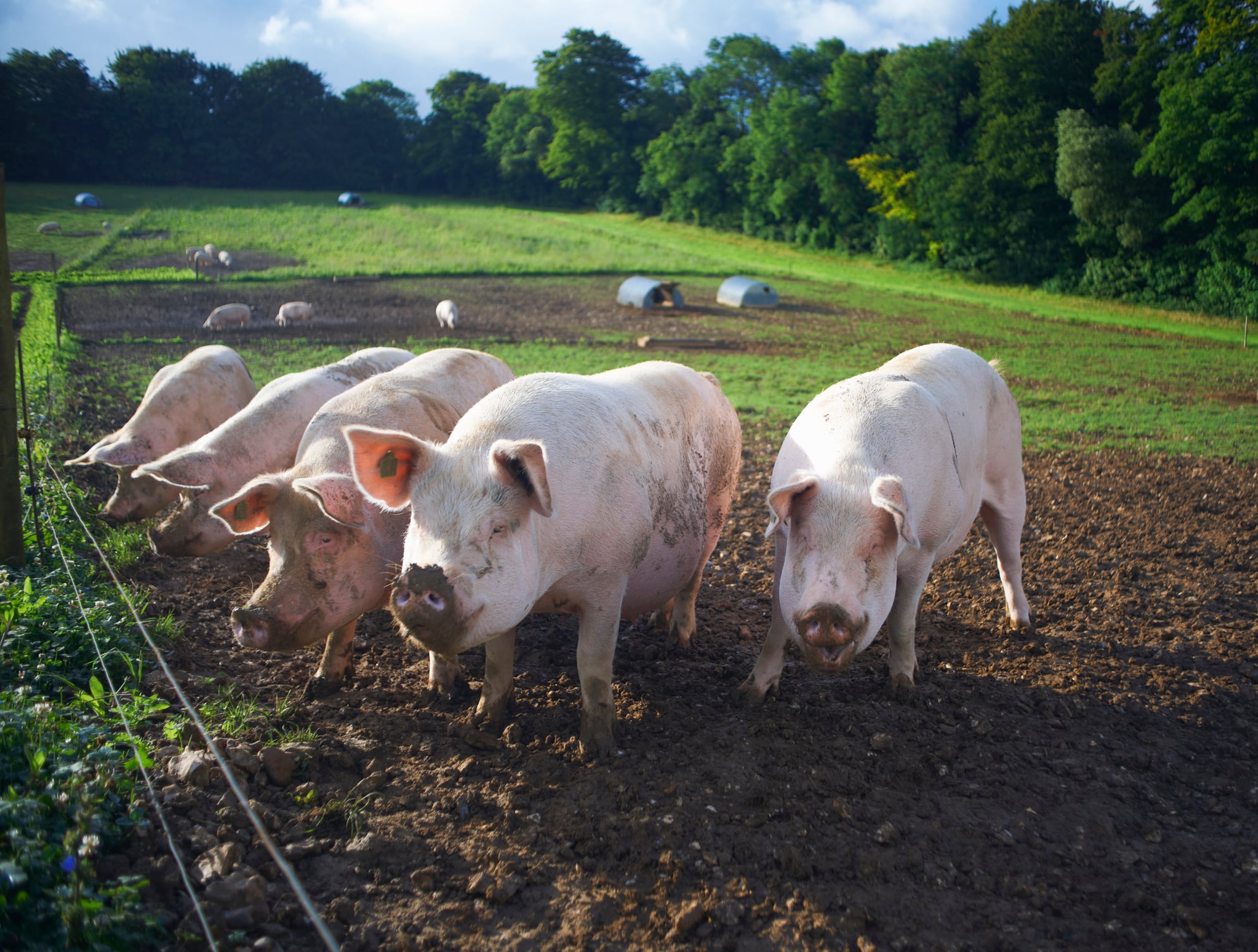The Public Accounts Committee (PAC), which examines the value for money of Government projects, programmes and service delivery, has said that the government would find it “extremely stretching” to respond to new outbreaks such as bird flu, which pose a significant threat to the UK’s health, communities, wildlife, economy, trade and agriculture.
In the report called “Resilience to threats from animal disease” PAC said that the Department for Environment, Food & Rural Affairs (DEFRA) and the Animal & Plant Health Agency (APHA) have worked hard to manage the current five-year-long outbreak of bird flu and the past year’s current outbreak of bluetongue. However, this has diverted resources away from other work to prepare for future outbreaks.
This, as well as the post-Brexit loss of access to the EU’s animal diseases intelligence system, has also caused a reduction in vital surveillance to help detect new and re-emerging disease threats quickly and stop their spread, PAC has argued.
The committee also raised concern about the nation’s ability to protect itself with APHA’s struggle to recruit and retain enough vets, driven by issues such as mental health related to activities such as culling animals; pay and conditions; and working hours.
The National Biosecurity Centre at Weybridge is “critical” to the management of threats from animal diseases. But it described the site as being in “poor condition” with its c.£2.8bn redevelopment not set for completion for a decade.
The report also found that border controls to prevent a new disease arriving in the UK are insufficient to address the level of risk while claiming that DEFRA also has no strategy to tackle shortages in animal vaccines.
In the wake of these concerns PAC has called for a veterinary workforce strategy, a 10-year plan for the Weybridge Centre’s redevelopment, as well as action over border controls and the lack of animal vaccines.
Sir Geoffrey Clifton-Brown MP, Chair of the Public Accounts Committee, said: “Serious animal disease outbreaks pose a severe threat to wildlife, and the farming sector, and in the case of zoonotic diseases, to human health. Our latest report should therefore be of the deepest concern to all of us.”
He said the Government needs to act now to prepare a full strategy to ensure preparedness for such events in the future, and highlighted plans for Exercise Pegasus and Exercise Aspen this year – two major rehearsals carried out by government to test preparedness for a zoonotic disease pandemic and a foot and mouth outbreak.
“Government has been strongly focused on the immediate-term threats – it must now develop the bandwidth to look to the long-term as well,” he added.




